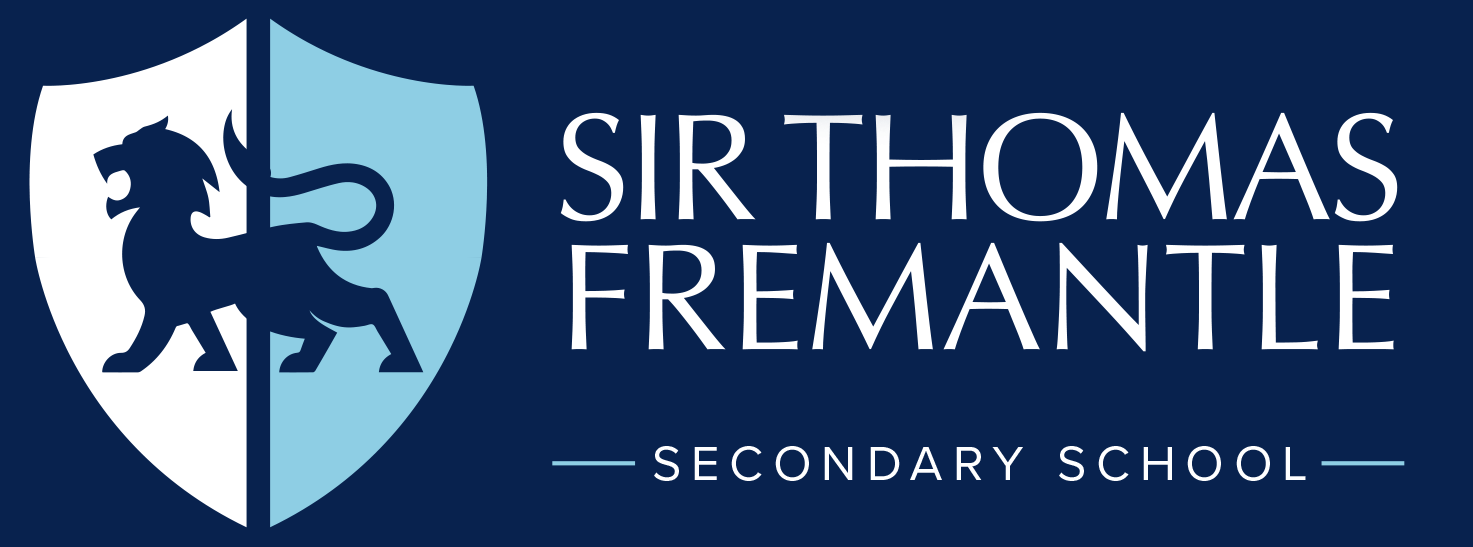Psychology
Rationale
The purpose of Psychology in the school setting is to guide students through a course which explores some important aspects of the human condition, varying from understanding global atrocities committed by individuals, all the way down to the individual level of how research into memory can help us achieve our best in school, work and life. Students will also learn about some serious and misunderstood mental illnesses, and gain a more in-depth knowledge of how to combat the stigma and prejudice that an increasing number of our population face every day.
Psychology is a subject requiring a broad range of skills, which are developed throughout the course. Students will learn memory techniques that can enhance their learning and revision, as well as developing coping strategies for the stress surrounding not only school and exams, but daily life. They will develop extended writing skills through practice of comparative essays which draw on synoptic links and higher level evaluation techniques.
Outside of school, the study of human behaviour, cognitive abilities and a scientific approach to the gathering and analysis of data is widely desired in many industries. Students who study Psychology are appreciated in many fields; education, healthcare, legal settings, charities, social care and more.
The OCR syllabus has been chosen because it contains a diverse range of topics, from the historical importance of psychodynamic psychologists such as Freud, to the purely scientific biological explanations for mental illnesses. It also maps onto AQA A-Level Psychology exceptionally well, which is the most common exam board at the next level of study, should students choose to continue further.
Implementation
At Sir Thomas Fremantle, lessons include PowerPoint presentations by a Psychology specialist teacher. Lessons focus on embedding knowledge through exam questions and application tasks, with opportunities for students to complete teacher-directed research and group work where appropriate. Homework focuses on the use of concise knowledge organisers for each topic, with regular low-stakes testing to ensure that students are on track. Students will be taught to develop their self and peer-assessment skills to enable them to take control of their own learning and identify gaps in knowledge for more effective revision.
The GCSE assessment consists of two papers. There is a combination of multiple choice, short answer and essay questions, so literacy skills are a focus on this course. The curriculum is designed in the order suggested by the exam board, as topics are designed to challenge students appropriately using a range of skills during the two years.
The first paper contains; Criminal Psychology, Development, Psychological Problems, Research Methods.
The second paper contains: Social Influence, Memory, Sleep and Dreaming, Research Methods.
Each section is out of 24, with a 13 mark essay question on each paper. This means that scientific research methods is worth double the other topics. Each exam is 1.5 hours.
Impact
Psychology students gain an in-depth understanding of some of the most fundamental human behaviours – some of which they will as of yet not experienced in their day-to-day lives. Learning about psychological problems inevitably leads to increased empathy for the most vulnerable in our society. Social influence teaches them how some of the worst events in human history happened and thus how we as a society can avoid repeating our mistakes. Memory gives students an insight into not only their own information processing abilities and how to maximise them, but looks at how these are affected in certain groups of people and how to help them live fulfilling lives. Sleep and dreaming demonstrates emphatically why a regular sleep schedule is so important (especially to teenagers!). Criminal psychology tends to ignite an excitement for further study at A-level in Criminology, as well as giving students a good understanding of the varied reasons that people may turn to crime. Development is highly relevant as students learn about their own cognitive abilities, as well as the development of a growth mind-set which is so important for all learning.
Overall, Psychology is a challenging GCSE option which requires literacy ability, a willingness to learn scientific concepts and maths skills, which constitute a large percentage of the overall marks. The real benefit is the understanding students gain about themselves, peers and society, which encourages them on their way to becoming well-rounded, empathetic individuals.
Curriculum Journey
Click image to expand




